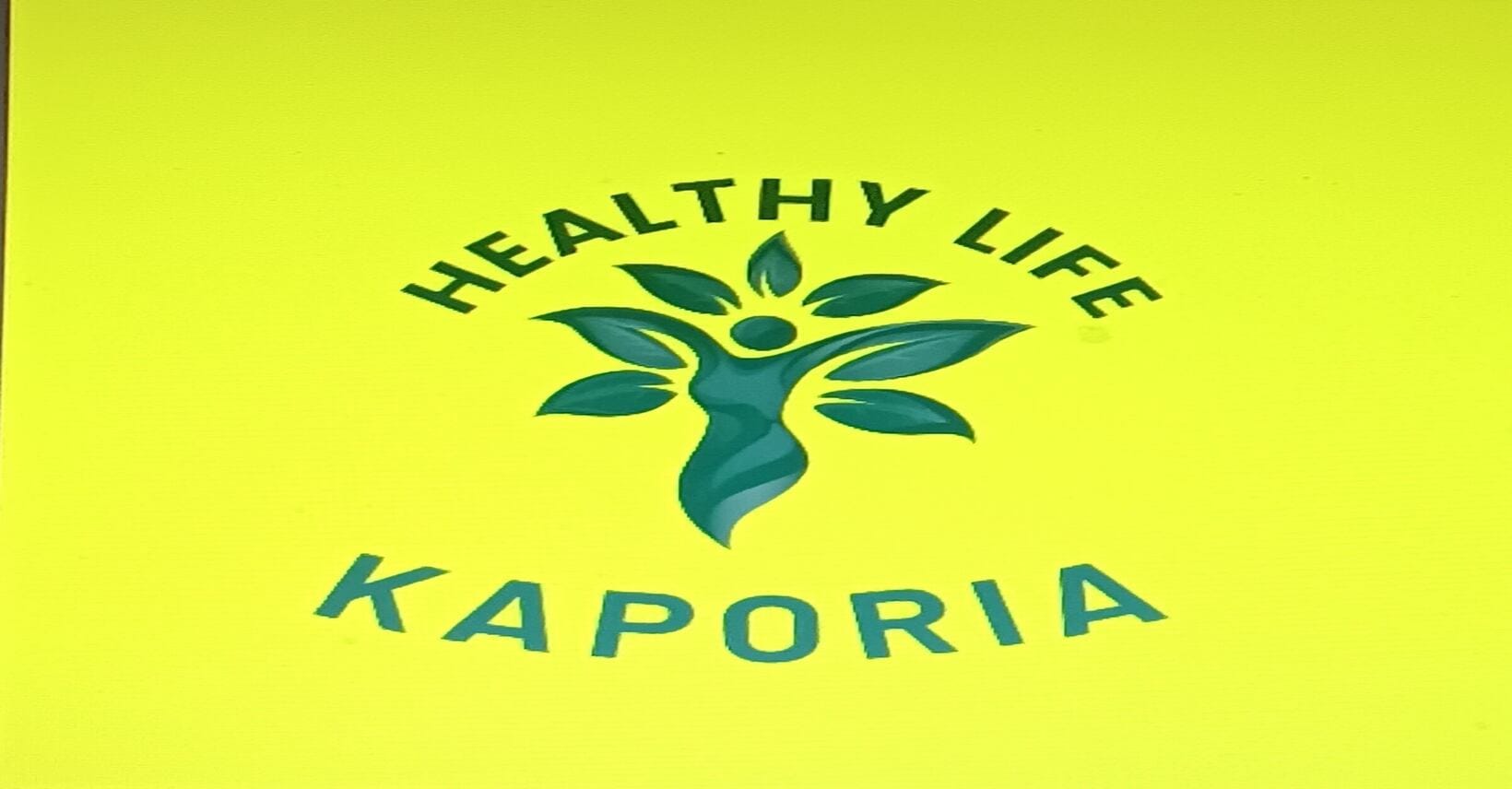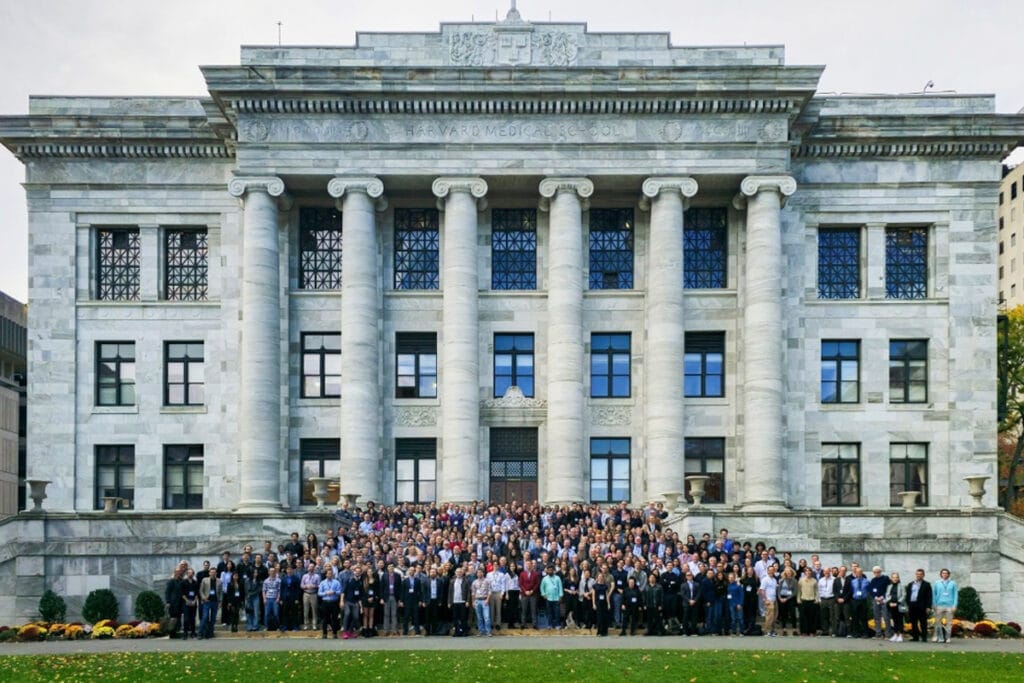[ad_1]
Erik Jacques on success of annual convention that signifies that real-world medical impacts of geroscience analysis are usually not far behind.
This month, the Biomarkers of Aging Consortium hosted its annual Biomarkers of Aging Conference aimed toward offering a holistic view of the biomarkers of growing older analysis and improvement panorama, bridging vital gaps and driving ahead significant developments.
After a profitable inaugural symposium in 2023 on the Buck Institute in California which garnered plenty of curiosity, the Core Organizers set on increasing right into a multi-day program and growing the Consortium’s visibility throughout all sectors of science. Held on the Joseph B Martin Convention Middle of Harvard Medical Faculty in Boston, Massachusetts, USA from November 1st-2nd, this yr’s convention gathered 450 attendees (with further hybrid members), 48 audio system, and an unprecedented group of sponsors and media companions. Motion-packed and stuffed with thrilling bulletins, we now recap these two days for readers to understand the trail-blazing work of this analysis neighborhood.
Day 1: Slicing-edge primary science
Targeted on showcasing the most recent primary science advances on biomarkers of growing older, this primary day noticed talks from main teachers from all over the world. After a heat welcome to Boston from Vadim Gladyshev, Professor and one of many Consortium Scientific Chairs, whose enthusiasm for the scientific exhibiting within the crowd invigorated us all, the preliminary periods mentioned numerous omics-based biomarkers. For instance, blood-based proteomics and the event of organ-specific clocks by Tony Wyss-Coray and his group from Stanford College confirmed organ growing older and organ-specific illness associations harking back to blood biochemistry assays.


As nicely, Steve Horvath of Altos Labs reminded us of the immense intrigue of growing older signatures captured in DNA methylation information whereas offering enter on managing so many alternative clock applied sciences. A chat from Alan Tomusiak describing his PhD work on the Buck Institute characterizing intrinsic versus extrinsic growing older in T cells kicked off a recurring theme in the course of the assembly of efforts to observe the growing older immune system, a central part of organismal growing older. As a bonus to this thrilling first morning, Mahdi Moqri of Harvard Medical Faculty and Consortium Govt Committee Member then got here out to contextualize the Consortium’s present roadmap for validating growing older biomarkers, focus on multi-omic biomarkers, after which announce The Longevity Examine: a longitudinal multi-omic research for human growing older he’s directing between Harvard Medical Faculty, Stanford College and the Nationwide Institute on Getting older. In truth, the pilot research was launched this very day when volunteers gave blood attracts to be used in molecular profiling.
To kick off the afternoon periods, moderator Andrea Maier of Nationwide College of Singapore made a particular shout-out to the Abu Dhabi Division of Well being’s current announcement of the implementation of evidence-based regulatory requirements that can set up future wholesome longevity facilities, signaling a key shift within the working of healthcare techniques sooner or later. The talks then transitioned to these taking a system biology method to growing older and others specializing in longitudinal cohorts and medical biomarkers. George Church of Harvard Medical Faculty shared the potential of gene therapies in treating age-related outcomes with a give attention to the splicing issue
SRSF1. Jason Buenrostro, additionally of Harvard Medical Faculty, shared the potential for single-epigenomics and multi-omics to uncover growing older on the single-cell degree and emphasised the necessity for mechanistic research. What’s extra, Michael Snyder of Stanford Medical Faculty demonstrated his group’s potential to carry out longitudinal profiling of over 100 individuals to find nonlinear age-related adjustments on the molecular degree. Luigi Ferrucci of the Nationwide Institute on Getting older shared his group’s ardour for age-induced mitochondrial adjustments in human skeletal muscle. Additionally value highlighting is Sara Hägg of the Karolinska Institutet who gave a sobering speak on the present limitations going through growing older biomarkers similar to their age-dependent effectiveness which generated nods of settlement and a motivating dialogue from the group.
Some superb examples of sensible biomarker purposes in present medical settings stood-out throughout this primary day as nicely. Jesse Poganik of Harvard Medical Faculty and Consortium Govt Committee Member shared how his work wanting on the relationship between donor organ and transplant recipient age may improve the obtainable organ pool. Raymond Mak, a clinician at Brigham and Girls’s Hospital, confirmed FaceAge, a organic age quantification instrument from portrait photographs, and its use in predicting most cancers affected person survival and guiding physician prescribed remedy plans.


Different wonderful audio system who regretfully can’t all be talked about included Jessica Lasky-Su (Harvard Medical Faculty and Brigham & Girls’s Hospital), David Sinclair (Harvard College) , Björn Schumacher (College of Cologne), Omar Abudayyeh (Brigham & Girls’s Hospital), Jonathan Gootenberg (Beth Israel Deaconess Medical Middle), Lewis Lipsitz (Harvard Medical Faculty), Riccardo Marioni (College of Edinburgh), and Viviana Perez (Hevolution Basis).
Day 2: Translational, medical & regulatory dimensions
The second day was distinctive in that it heard from regulators, entrepreneurs, business scientists and extra on how they’re rising the sector of geroscience and supporting or integrating biomarkers of growing older.
The morning centered on regulatory roadmaps and medical translation. Andrew Brack, program director at ARPA-H, defined their biotech-like method to supporting growing older analysis packages throughout sectors. Lynne Cox of the Dynamic Resilience Program from Wellcome Leap shared how they’re supporting analysis into stress restoration in people to ultimately perceive the lack of resiliency with age. Andrea Maier was again to element the precision geromedicine method from her group and their progress in educating healthcare professionals.
Tina Woods of Collider Well being underlined the necessity to research the human exposome, the measure of all publicity of a person over a lifetime, since it’s largely unmeasured on the particular person degree but can clarify an excellent majority of well being outcomes. The morning then concluded with an intimate and hilariously narrated anecdote from David Gobel, co-founder of the Methuselah Foundation, about his private journey into monitoring his growing older whereas advocating on behalf of the sufferers and shoppers for user-friendliness and low prices.


The afternoon aimed toward discussing medical trials and open science. Jamie Justice of XPRIZE Healthspan mentioned the way to assemble longitudinal growing older information with a give attention to muscle, immune, and cognitive biomarkers attributable to their relevance to the standard of lifetime of the aged. Nir Barzilai of the Einstein Institute urged utilizing recognized gerotherapeutics and present medical trials to work backwards to develop intervention-responsive biomarkers. Austin Argentieri of the Massachusetts Basic Hospital advocated for elevated inhabitants illustration in coaching information and the leveraging of genetic data. The ultimate set of talks revolved across the Biomarkers of Getting older Problem that “goals to stimulate innovation and collaboration within the improvement of next-generation biomarkers, in the end permitting for the era and benchmarking of prediction fashions…”. The winners of the primary two phases of the problem had been introduced and shared their classes discovered such because the extent of coaching information availability and the significance of batch results.
Different fascinating audio system included John Earls (Buck Institute), Eric Morgen (BioAge), David Furman (Stanford Faculty of Medication), Vittorio Sebastiano (Stanford Medical Faculty), Gordan Lauc (College of Zagreb), Christin Glorioso (NeuroAge), Alexandra Stolzing (Loughborough College), Gavin Zhou (Regenerative Bio), Xiao-Jun Ma (Alamar Biosciences), Chiara Herzog (College School London), John Tsang (Yale College), Raghav Sehgal (Yale College), Dane Gobel (Methuselah Basis), Julian Reinhard (Evotec), Seth Paulson (Methuselah Basis), and Kejun Albert Ying (Harvard College)
Each days moreover featured flash talks adopted by poster periods from tutorial and business scientists alike. Themes assorted from multi-modal biomarkers, omics expertise platforms, foundational fashions, remedy testing, and extra. High rated abstracts had been additionally slated for talks. Alexander Tyshkovskiy of Harvard Medical Faculty shared his transcriptomic composite biomarkers for mortality, and Jessica Kasamoto of Yale College mentioned the “multiverse of insanity” of knowledge pre-processing pipelines and the necessity for standardization.


Convention takeaways
Biomarkers of growing older are within the midst of an exponential development in analysis exercise. Many are being developed utilizing numerous modalities (DNA methylation, proteomics, transcriptomics, metabolomics, lipidomics, morphometrics, volatiles, and so on.) every with their benefits and drawbacks, and they’re discovering encouraging specific-use instances. There’s a resounding consensus and energy for benchmarking as nicely. Alternatively, the request for longitudinal cohort information was by far probably the most repeated message and funding initiatives are main the best way (e.g., Hevolution Alliance for Getting older Biomarkers). And whereas present biomarkers supply insights utilizing inhabitants information, translation dictates they have to additionally ultimately function on the particular person degree.
The convention ended with a palpable buzz of pleasure, and in a last message the organizers introduced that the Biomarkers of Getting older Convention would return in 2025 to Boston as soon as extra. We hope to see you all there!
About Erik Jacques


A Canadian scientist educated in stem cell biology and tissue engineering from the College of Toronto, Dr Erik Jacques lately transitioned to the geroscience neighborhood, becoming a member of Dr Vadim Gladyshev‘s group on the Brigham & Girls’s Hospital, Harvard Medical Faculty as a Analysis Fellow to leverage composite biomarkers for insights into the integrative hallmarks of aging. Although a primary scientist at coronary heart, he seems ahead to contributing to the mixed efforts of addressing continual ailments and healthspan extension. Dr Jacques could be discovered on X or LinkedIn.
Images courtesy of Biomarkers of Getting older Consortium
[ad_2]
Source link




